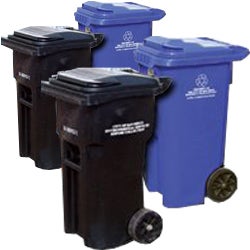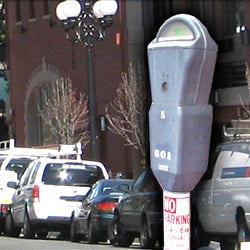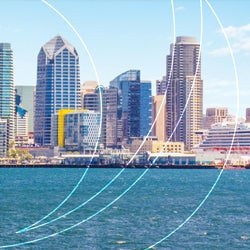Commercial Food Scraps Composting
Miramar Greenery accepts food waste generated from commercial venues that are pre-approved by the City of San Diego’s Environmental Services Department. Food waste loads are transported by a licensed hauler, in a tightly sealed container and delivered to the Miramar Greenery in an end-dump truck system. Once at the Greenery, the food scraps are processed into a rich compost product that can be used as a soil amendment. This soil amendment can improve soil texture, and increase both nutrient and water holding capacity.
Program Requirements
Commercial Food Scraps Composting Program participants must be located within the City of San Diego. Participants must comply with the City's Recycling Ordinance. This includes the recycling of all mandated materials by pairing well-marked recycling and trash containers and providing written information to staff and guests.
Participation in the program requires the following steps:
- City staff meets with facility administrator, kitchen manager and/or maintenance supervisor;
- City staff provides technical assistance for on-site logistics;
- City staff trains kitchen, maintenance and administration staff;
- Facility starts a "Pilot Program Phase" in which a facility representative is required to accompany City staff to inspect and evaluate the first three loads at the Miramar Greenery;
- Once successfully completing the Pilot Program Phase, the facility becomes a regular program participant.
To determine the feasibility of starting a commercial food waste recycling program, call the Environmental Services Department at 858-694-7000 or email sdrecyclingworks@sandiego.gov. To learn more, please review our program guides.
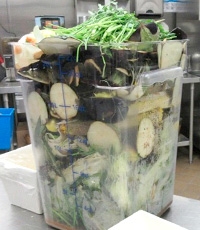
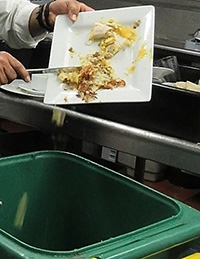
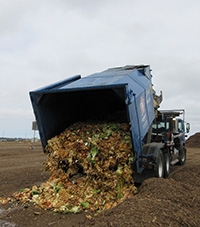
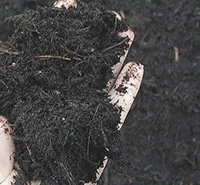
Active Participants
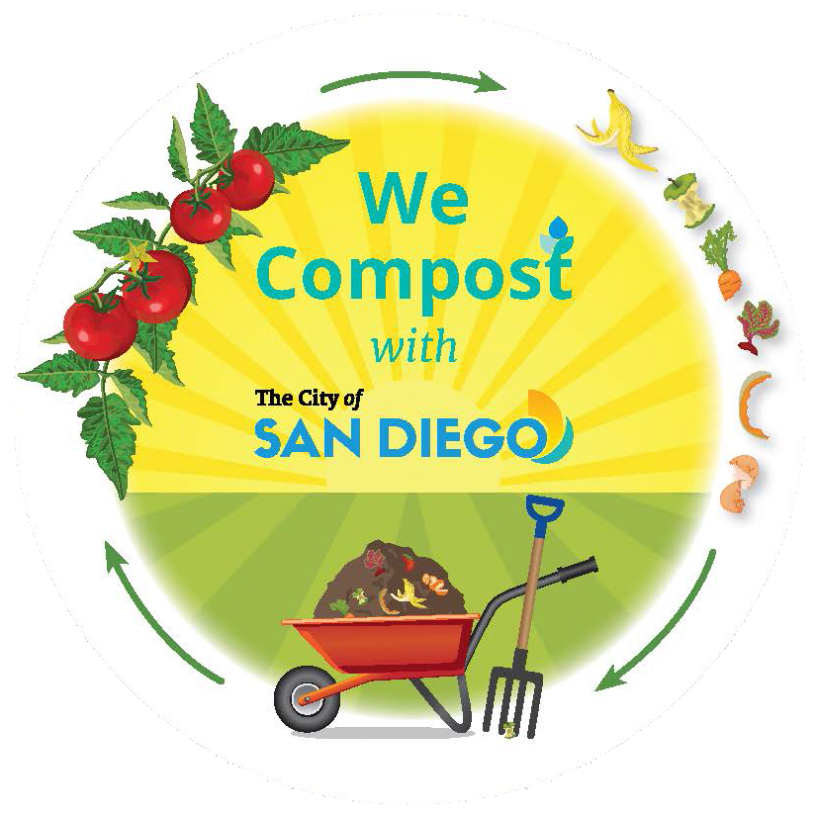 A Seal of Participation is presented to active participants to proudly display at their site. View the list of 2020 Program Participants.
A Seal of Participation is presented to active participants to proudly display at their site. View the list of 2020 Program Participants.
Food Recovery
Commercial venues are encouraged to look at other options to divert excess food such as source reduction, feeding humans and animals, as well as industrial uses of fats, oils and greases for biofuels. For more information, please check the Environmental Protection Agency's (EPA) San Diego Area Food Recovery Links and Resources. Also, please check the EPA's Food Recovery Challenge website.
Feeding Hungry People
Before discarding edible surplus food, donate! Thanks to the Bill Emerson Good Samaritan Food Donation Act passed by Congress in 1996, food donors such as restaurants, cafeterias, hotels and grocers can participate in the fight against hunger by donating non-perishable and prepared foods without the risk of being prosecuted for liability. Food donors are granted tax benefits defined by the IRS. For more information, please reference Internal Revenue Code 170 or consult a tax attorney. Several organizations in San Diego will accept certain types of food donations. Please review our Food Donation Guide and this list of Edible Food Recovery Organizations. Please contact the organizations directly for more information on their specific food donation requirements, and to coordinate the appropriate food donation drop off or pick up arrangements.







